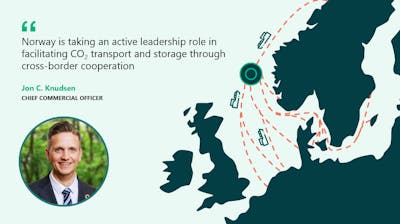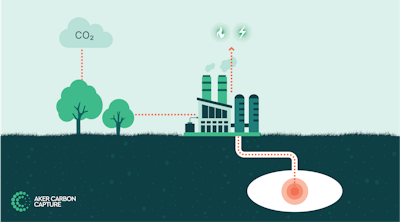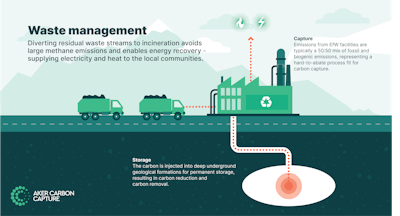Yesterday, European Commission President Ursula von der Leyen addressed the European Parliament in her annual State of the Union 2022 speech. This year’s iteration is heavily characterized by an energy crisis exacerbated through war, climate change and a green transition that should benefit all.
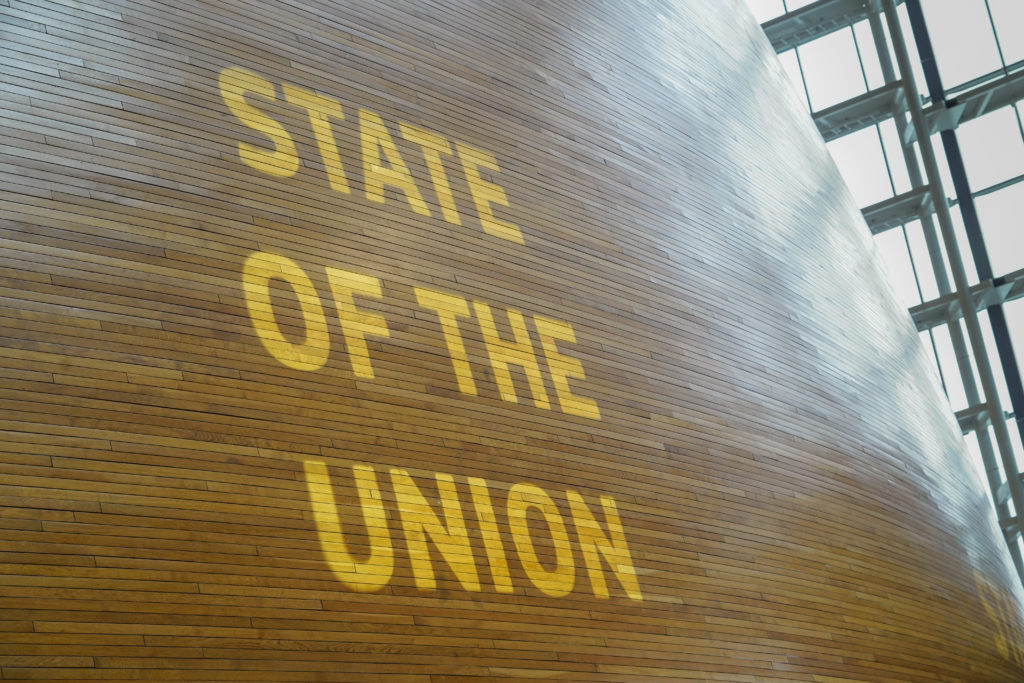
To address these challenges, Von der Leyen presented several policy proposals. The following proposals could have specific impacts on the acceleration of the CCUS market in Europe.
European Hydrogen Bank
A key energy proposal made by the Commission President was the announcement of a new European Hydrogen Bank, which will help guaranteeing the purchase of hydrogen, notably by using resources from the Innovation Fund. Three billion EUR will be invested to help building the future market for hydrogen, and von der Leyen is convinced hydrogen can be a game changer for Europe.
Policies Shaping Future Action
REPowerEU will be doubling its 2030 target to produce ten million tons of renewable hydrogen in the EU, each year. Part of this policy bridges the investment gap and connects future supply where demand is needed. Hydrogen is a defining feature of the European Green Deal and production can be decarbonized through CCS. In the past, The EU Commission has favored green hydrogen, but the current market situation in Europe could impact this focus in the short/mid-term.
By bolstering current policy such as the European Green Deal and REPowerEU, Europe will be better equipped to handle the climate crisis and be one step closer to reaching ambitious, but crucial climate goals. Strengthening these policies will also influence key climate policy such as the EU ETS – a cornerstone of EU’s policy to combat climate change, but also funding mechanisms and frameworks, which remain vital in the green transition.
Reliable Partnerships are Key
The State of the Union also highlighted the importance of reliable partnerships with energy exporters such as Norway. EU Commission President von der Leyen and Norwegian Prime Minister Støre recently agreed to set up a task force that will work together to develop energy measures. This also offers a significant opportunity for Norway and the EU to collaborate closely on specific actions and cooperation in fields such as carbon capture and storage to cut emissions and fight climate change. More details are likely to be revealed during this year’s United Nations Climate Change Conference in Sharm el-Sheikh, Egypt.
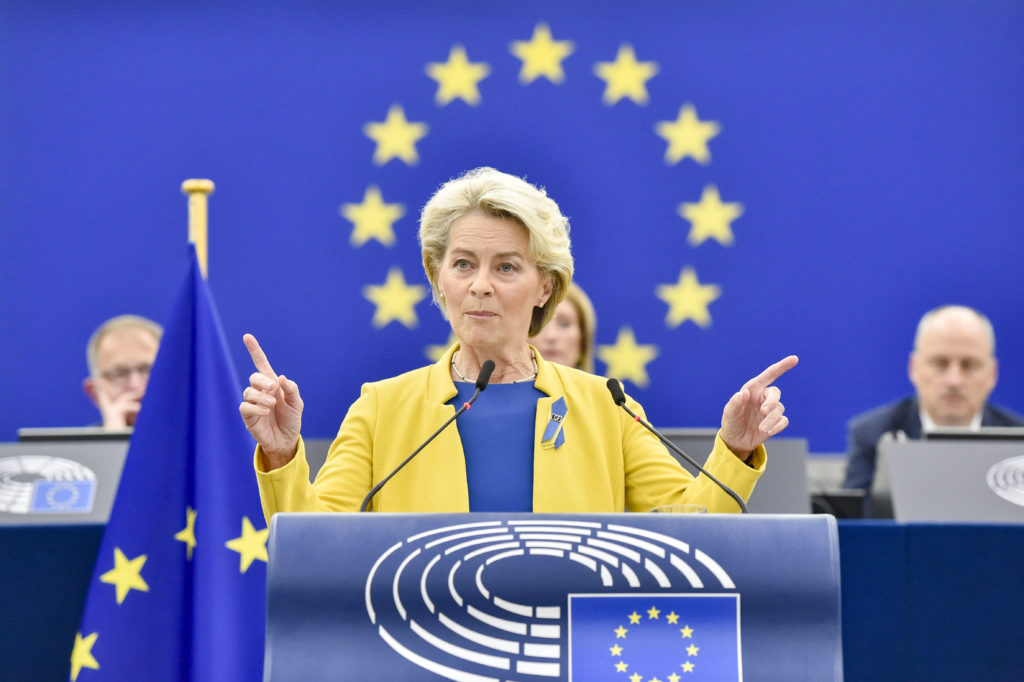
Credit: European Parliament
In conclusion, this year’s State of the Union demonstrate current uncertainties and the need to keep investing to accelerate the energy transition. With the end of the year approaching rapidly, so is a winter defined by the short-term solutions we adopt now. The same applies to climate solutions and policies that can immediately address and enhance the pace in which we are moving towards decarbonization and net-zero. This calls for a need to utilize decarbonizing technologies that are ready now while continuously working to improve cost, efficiency and resulting values. Von der Leyen, when addressing the issues presented in her State of the Union 2022, reassuringly stated “we are in it for the long haul”. The EU plays a key role in the CCUS industry and European decarbonizing efforts – it needs to support the industry in the long haul, but also place equal emphasis on facilitating short-term developments and projects that are ready to start.
